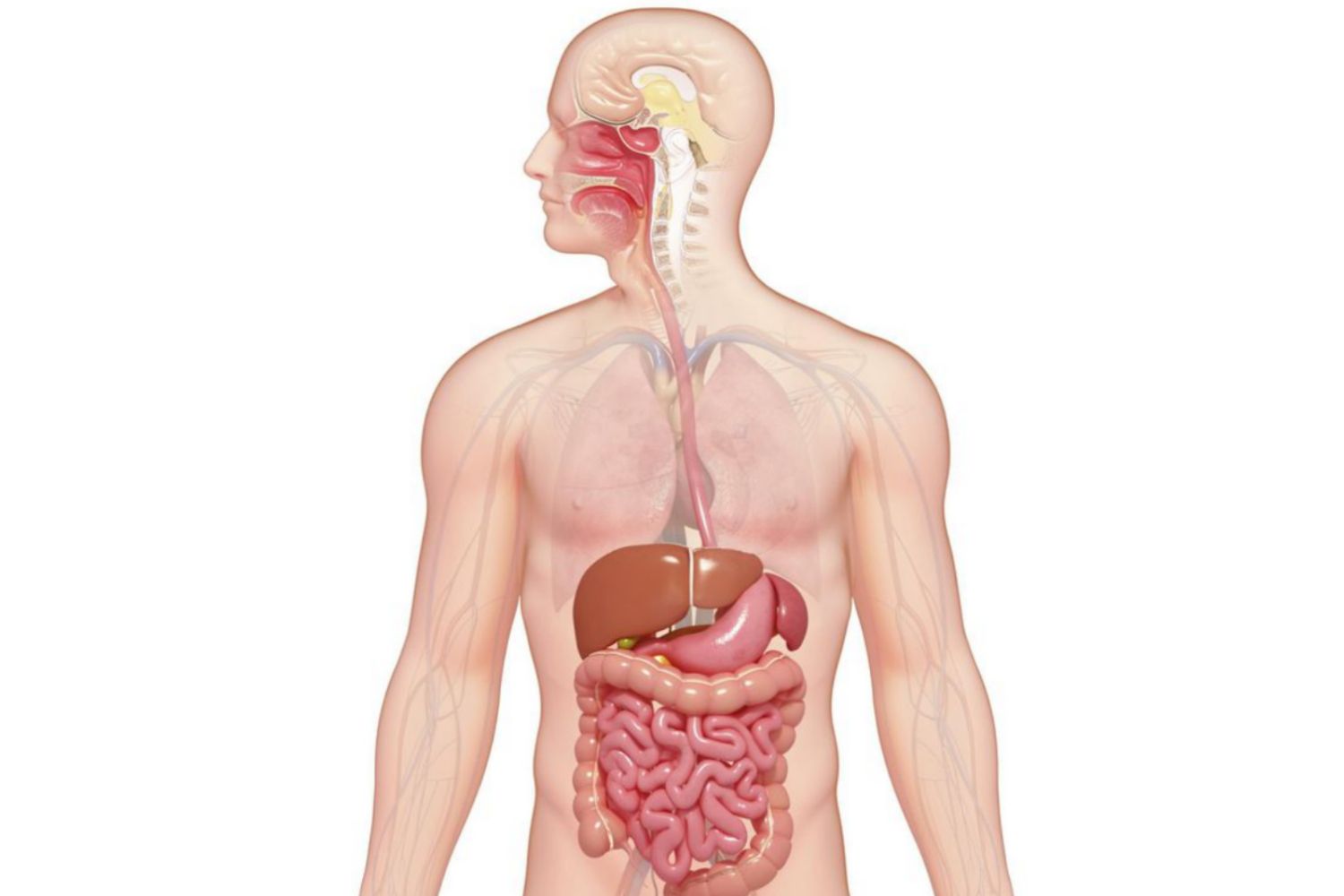
Ever wondered how your body turns that delicious pizza into energy? Digestion is a fascinating process that starts the moment food enters your mouth. From chewing to the final stages in the intestines, your body works like a well-oiled machine to break down nutrients. Did you know your stomach produces about 2 liters of gastric juice daily? Or that the small intestine is over 20 feet long? These facts might sound surprising, but they highlight just how complex and efficient our digestive system is. Understanding digestion can help you make better food choices and appreciate the incredible work your body does every day. Ready to learn more? Let's dive into 22 amazing facts about digestion!
Digestion Starts in the Mouth
Digestion is a fascinating process that begins even before food reaches the stomach. Here are some intriguing facts about how it all starts.
- Saliva contains enzymes: Saliva has enzymes like amylase that start breaking down carbohydrates right in your mouth.
- Chewing is crucial: Properly chewing food increases its surface area, making it easier for digestive enzymes to work.
- Taste buds play a role: Taste buds send signals to the brain, preparing the stomach for incoming food.
The Journey Through the Esophagus
Once food is chewed and mixed with saliva, it travels down the esophagus. This journey is more complex than it seems.
- Peristalsis moves food: Muscular contractions called peristalsis push food down the esophagus.
- The epiglottis protects the airway: The epiglottis closes over the windpipe to prevent choking.
- Gravity helps but isn't essential: Even if you're upside down, peristalsis can still move food to your stomach.
The Stomach: A Mixing Bowl
The stomach is where the real magic happens. It mixes food with digestive juices to break it down further.
- Stomach acid is strong: The stomach produces hydrochloric acid, which can dissolve metal.
- Pepsin breaks down proteins: An enzyme called pepsin starts breaking down proteins into smaller peptides.
- The stomach has three layers of muscle: These muscles churn food, mixing it with digestive juices.
The Small Intestine: Absorption Central
After the stomach, food moves to the small intestine, where most nutrient absorption occurs.
- It's really long: The small intestine is about 20 feet long.
- Villi increase surface area: Tiny finger-like projections called villi absorb nutrients.
- Enzymes from the pancreas help: The pancreas releases enzymes that break down fats, proteins, and carbohydrates.
The Role of the Liver and Gallbladder
These organs play a crucial role in digestion, even though food doesn't pass through them.
- The liver produces bile: Bile helps break down fats into smaller droplets.
- The gallbladder stores bile: The gallbladder releases bile into the small intestine when needed.
- The liver detoxifies: It also removes toxins from the blood, aiding overall health.
The Large Intestine: Water Absorption
The large intestine is the final stop in the digestive process, focusing on absorbing water and forming waste.
- It's shorter but wider: The large intestine is about 5 feet long but wider than the small intestine.
- Bacteria break down fiber: Beneficial bacteria in the large intestine help break down indigestible fiber.
- Water is reabsorbed: The large intestine absorbs water, turning liquid waste into solid stool.
Interesting Facts About Digestion
Here are some additional fascinating tidbits about the digestive system that you might not know.
- Digestion takes time: It can take anywhere from 24 to 72 hours for food to pass through the entire digestive system.
- Stress affects digestion: High stress levels can slow down or speed up digestion, leading to issues like indigestion or diarrhea.
- Fiber is essential: Dietary fiber helps keep the digestive system running smoothly by adding bulk to stool.
- Your gut has a brain: The enteric nervous system, often called the "second brain," controls digestion independently of the central nervous system.
Digesting the Essentials
Understanding digestion helps us appreciate our bodies more. From the mouth to the stomach, each part plays a crucial role. Enzymes break down food, while the small intestine absorbs nutrients. Did you know the large intestine reclaims water and forms waste?
Eating fiber-rich foods aids digestion, and staying hydrated keeps things moving smoothly. Probiotics found in yogurt and fermented foods support a healthy gut. Avoiding processed foods can prevent digestive issues.
Chewing food thoroughly and eating slowly can make a big difference. Stress management also impacts digestion, so take time to relax. Regular exercise promotes a healthy digestive system too.
By knowing these facts, we can make better choices for our digestive health. Remember, a happy gut means a happier you. Keep these tips in mind for a smoother digestive journey.
Was this page helpful?
Our commitment to delivering trustworthy and engaging content is at the heart of what we do. Each fact on our site is contributed by real users like you, bringing a wealth of diverse insights and information. To ensure the highest standards of accuracy and reliability, our dedicated editors meticulously review each submission. This process guarantees that the facts we share are not only fascinating but also credible. Trust in our commitment to quality and authenticity as you explore and learn with us.


